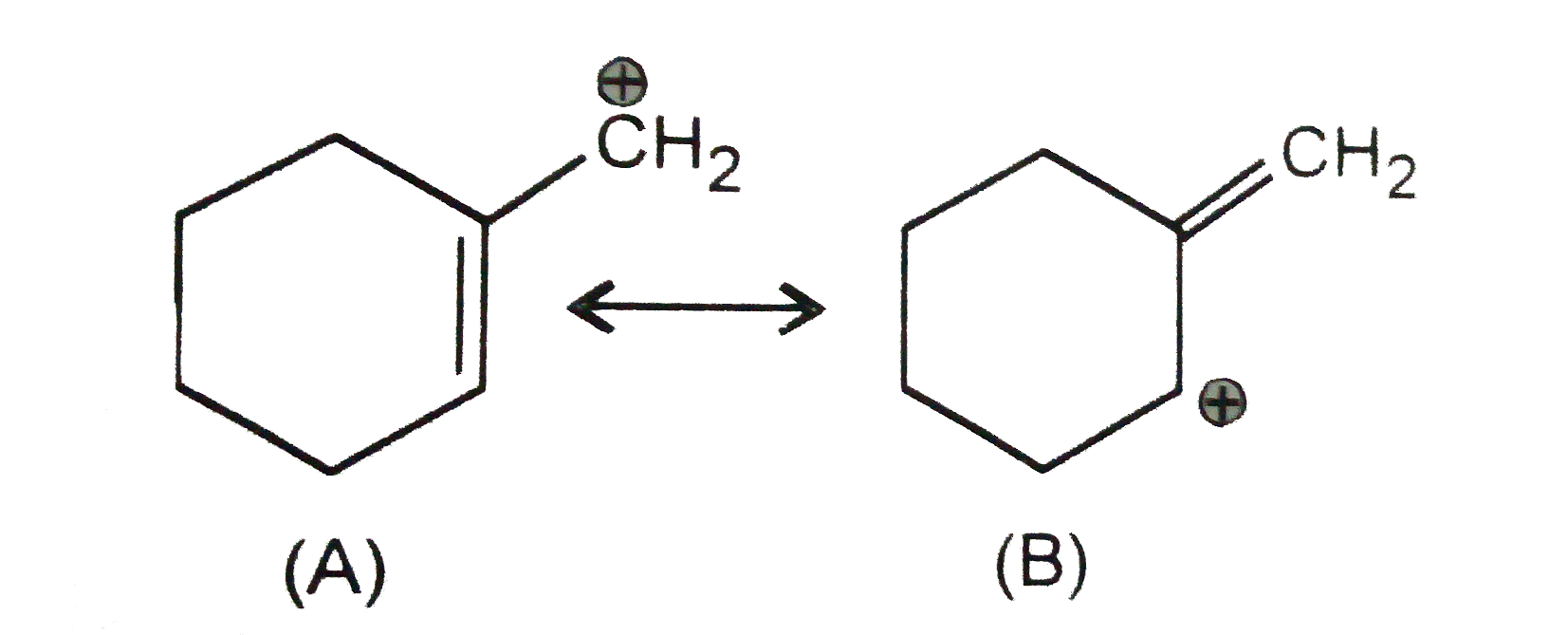Which of the following ions is not univalent?
ammonium
nitrite
bicarbonate
sulphite
The correct Answer is:D
To determine which of the following ions is not univalent, we need to understand the concept of valency and how it applies to ions.
1. Understand Valency:
- Valency refers to the combining capacity of an element, which can also be understood in terms of the charge on the ion.
- Ions can have either a positive or negative charge.
2. Identify Univalent Ions:
- Univalent (or monovalent) ions have a charge of ±1. This means they can either lose or gain one electron.
- Examples of univalent ions include:
- Ammonium (NH₄⁺) has a charge of +1.
- Nitrite (NO₂⁻) has a charge of -1.
- Bicarbonate (HCO₃⁻) has a charge of -1.
3. Identify Polyvalent Ions:
- Polyvalent ions have a charge greater than ±1.
- For instance, the sulfide ion (SO₃²⁻) has a charge of -2, which makes it bivalent (divalent).
4. Analyze the Given Ions:
- Compare the charges of the ions provided:
- Ammonium (NH₄⁺): +1 (univalent)
- Nitrite (NO₂⁻): -1 (univalent)
- Bicarbonate (HCO₃⁻): -1 (univalent)
- Sulfide (SO₃²⁻): -2 (not univalent)
5. Conclusion:
- The ion that is not univalent is the sulfide ion (SO₃²⁻) because it has a charge of -2, which is greater than ±1.
Final Answer:
The ion that is not univalent is sulfide (SO₃²⁻).
- Valency refers to the combining capacity of an element, which can also be understood in terms of the charge on the ion.
- Ions can have either a positive or negative charge.
- Univalent (or monovalent) ions have a charge of ±1. This means they can either lose or gain one electron.
- Examples of univalent ions include:
- Ammonium (NH₄⁺) has a charge of +1.
- Nitrite (NO₂⁻) has a charge of -1.
- Bicarbonate (HCO₃⁻) has a charge of -1.
- Polyvalent ions have a charge greater than ±1.
- For instance, the sulfide ion (SO₃²⁻) has a charge of -2, which makes it bivalent (divalent).
- Compare the charges of the ions provided:
- Ammonium (NH₄⁺): +1 (univalent)
- Nitrite (NO₂⁻): -1 (univalent)
- Bicarbonate (HCO₃⁻): -1 (univalent)
- Sulfide (SO₃²⁻): -2 (not univalent)
- The ion that is not univalent is the sulfide ion (SO₃²⁻) because it has a charge of -2, which is greater than ±1.
The ion that is not univalent is sulfide (SO₃²⁻).
Topper's Solved these Questions
- BOOK - MTG IIT JEE FOUNDATIONCHAPTER - MATTER : ELEMENTS COMPOUNDS AND MIXTURES EXERCISE - EXERCISE (MATCH THE FOLLOWING)10videos
MATTER : ELEMENTS COMPOUNDS AND MIXTURES
- BOOK - MTG IIT JEE FOUNDATIONCHAPTER - MATTER : ELEMENTS COMPOUNDS AND MIXTURES EXERCISE - EXERCISE (ASSERTION & REASON)15videos
MATTER : ELEMENTS COMPOUNDS AND MIXTURES
- BOOK - MTG IIT JEE FOUNDATIONCHAPTER - MATTER : ELEMENTS COMPOUNDS AND MIXTURES EXERCISE - SOLVED EXAMPLES26videos
MATTER : ELEMENTS COMPOUNDS AND MIXTURES
- BOOK - MTG IIT JEE FOUNDATIONCHAPTER - MATERIALS : METALS AND NON-METALSEXERCISE - Olympiad/HOTS Corner20videos
MATERIALS : METALS AND NON-METALS
Similar Questions
Knowledge Check
- Question 1 - Select One
Which of the following ions is coloured
ACu+BCu2+CTi4+DV5+ - Question 2 - Select One
Which of the following ion is most stable ?
ACH3CH2+CH2BCH3+CHCH2CH3CCH3−+C∣CH3−CH3DCH3−CH3∣C∣CH3−+CH2 - Question 3 - Select One
Which of the following ions is not amphoteric?
AA13+BFe3+CCr3+DZn2+


